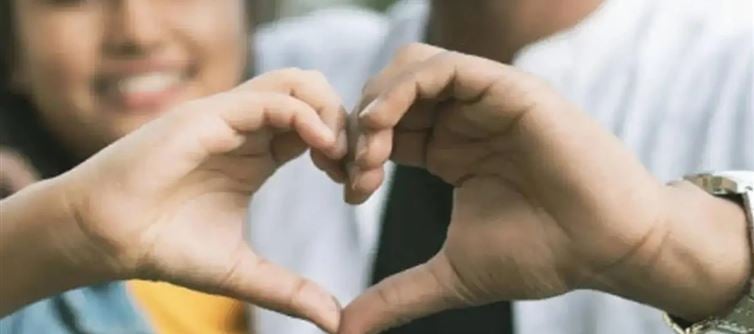
According to the most recent study conducted by the dating app Gleeden, 40% of indian married people acknowledge having a "digital affair". These "affairs" are romantic, sexually provocative, and emotionally personal encounters with someone other than the individual's spouse that take place entirely online rather than in person.
It's even more intriguing to note that nearly 65% of respondents said they considered their virtual experiences to be "harmless fun," and 37% of those who admitted that emotional adultery is worse than physical infidelity admitted to continuing to text. The way that modern indian couples handle desire, boredom, and emotional dissatisfaction is quietly changing as a result of these inconsistencies.
Considering the future, continue to be married? The wallet PLATFORM' target='_blank' title='digital-Latest Updates, Photos, Videos are a click away, CLICK NOW'>digital disloyalty paradox
A staggering 72% of wallet PLATFORM' target='_blank' title='digital-Latest Updates, Photos, Videos are a click away, CLICK NOW'>digital cheaters do not plan to quit their relationships, according to the app's research. They are using these virtual relationships as a means of escape—an emotional vacation from the monotony or conflicts of their domestic lives.
It's interesting to note that the busiest users on the app were men between the ages of 30 and 45, closely followed by women between the ages of 25 and 40. This suggests that the app takes a gender-neutral approach to wallet PLATFORM' target='_blank' title='digital-Latest Updates, Photos, Videos are a click away, CLICK NOW'>digital stimulation and validation. The fact that 56% of women stated they felt more "heard" and "valued" in their online lives than in real life is among the most startling statistics. That is emotional CPR, not flirting.
It's all in the typing bubbles while flirting in airplane mode.
Digital flings don't need a hotel or a secret meeting like a traditional affair does. Wi-Fi and a username are all that are required. According to the app survey, user engagement actually increased by 30% after the epidemic, when lockdowns compelled people to remain close to—and frequently emotionally apart from—their spouse. A late-night message or innocuous emoji soon turns into a full-fledged emotional outburst. Despite never having met them in person, 49% of users acknowledged having someone they text daily, flirt with, or confide in. This is where the problem lies: having an affair online feels safer, guilt-free, and "not really cheating"—until it occurs.
Love in the age of notifications — why we are hardwired for distraction
Dopamine, the brain's "feel-good" neurotransmitter, is widely acknowledged by psychologists to play a crucial role in online infidelity. Every time someone receives a suggestive photo, a heart emoji, or a flirting message, they set off a brain reaction that is strikingly comparable to physical contact. Additionally, the app's behavioral analytics team discovered that users typically utilize the app between 10 p.m. and 1 a.m., when most wallet PLATFORM' target='_blank' title='digital-Latest Updates, Photos, Videos are a click away, CLICK NOW'>digital lovers are awake and most partners are asleep. These recent cheaters aren't just idle in the middle of the night. According to the study, 41% of respondents said they felt emotionally abandoned, 33% said they didn't feel excited, and 22% said they missed feeling loved or attractive.
No Password, No Trust - Should couples be scared?
In indian marriages, the emerging idea of wallet PLATFORM' target='_blank' title='digital-Latest Updates, Photos, Videos are a click away, CLICK NOW'>digital affairs is raising pressing issues, such as where faithfulness begins and ends. Is the absence of feelings a physical issue or not? Do couples lose their romance if they share their passwords?
Even though the app has conducted some studies on how people see wallet PLATFORM' target='_blank' title='digital-Latest Updates, Photos, Videos are a click away, CLICK NOW'>digital affairs, according to the survey, 68% of users stated that they would feel deceived if their partner had a comparable online affair while they were also having one. Although it is human, the imbalance is not surprising. Marriage therapists are increasingly witnessing examples where the crisis is caused by hidden tabs on your internet, typing bubbles at midnight, and instant chats rather than sex.




 click and follow Indiaherald WhatsApp channel
click and follow Indiaherald WhatsApp channel